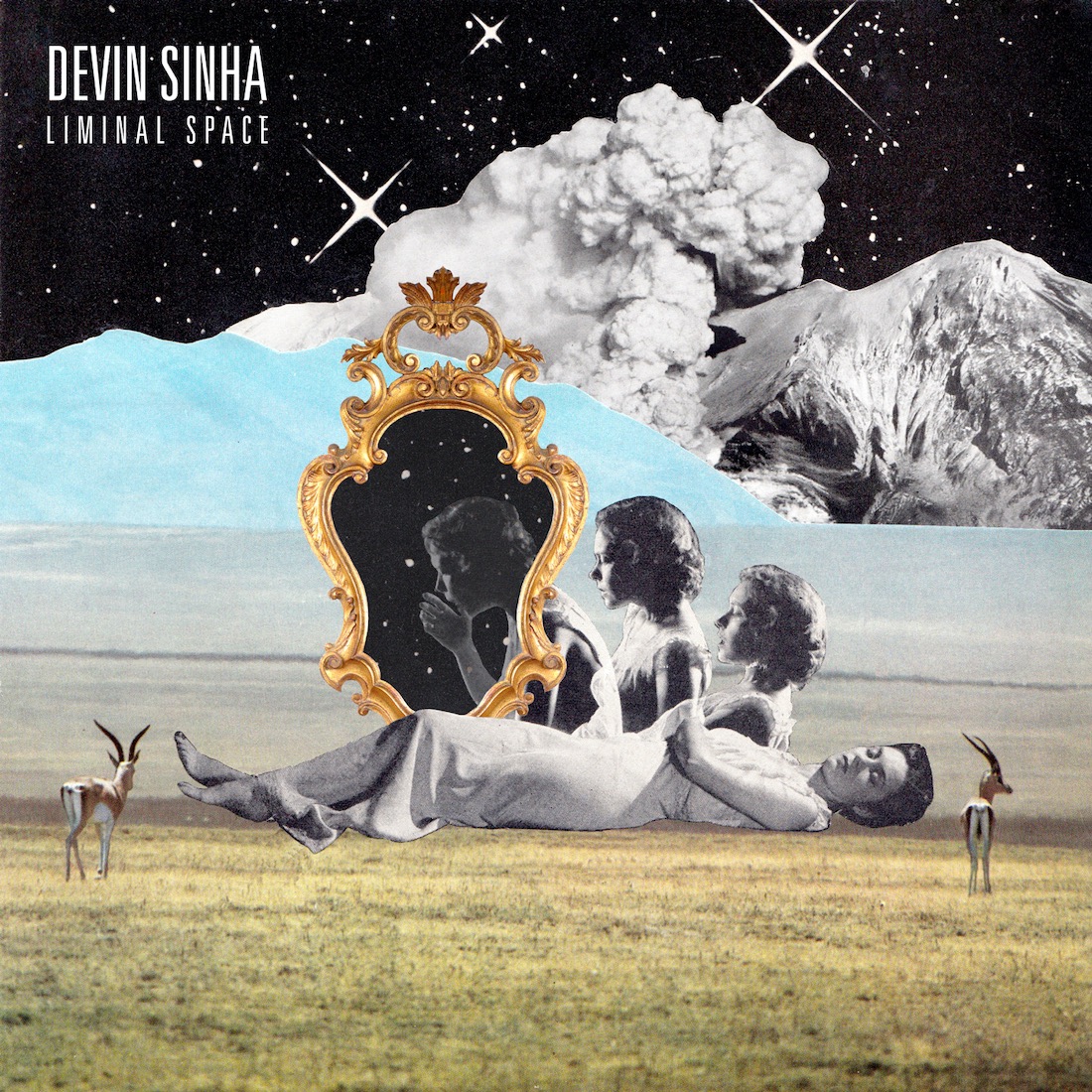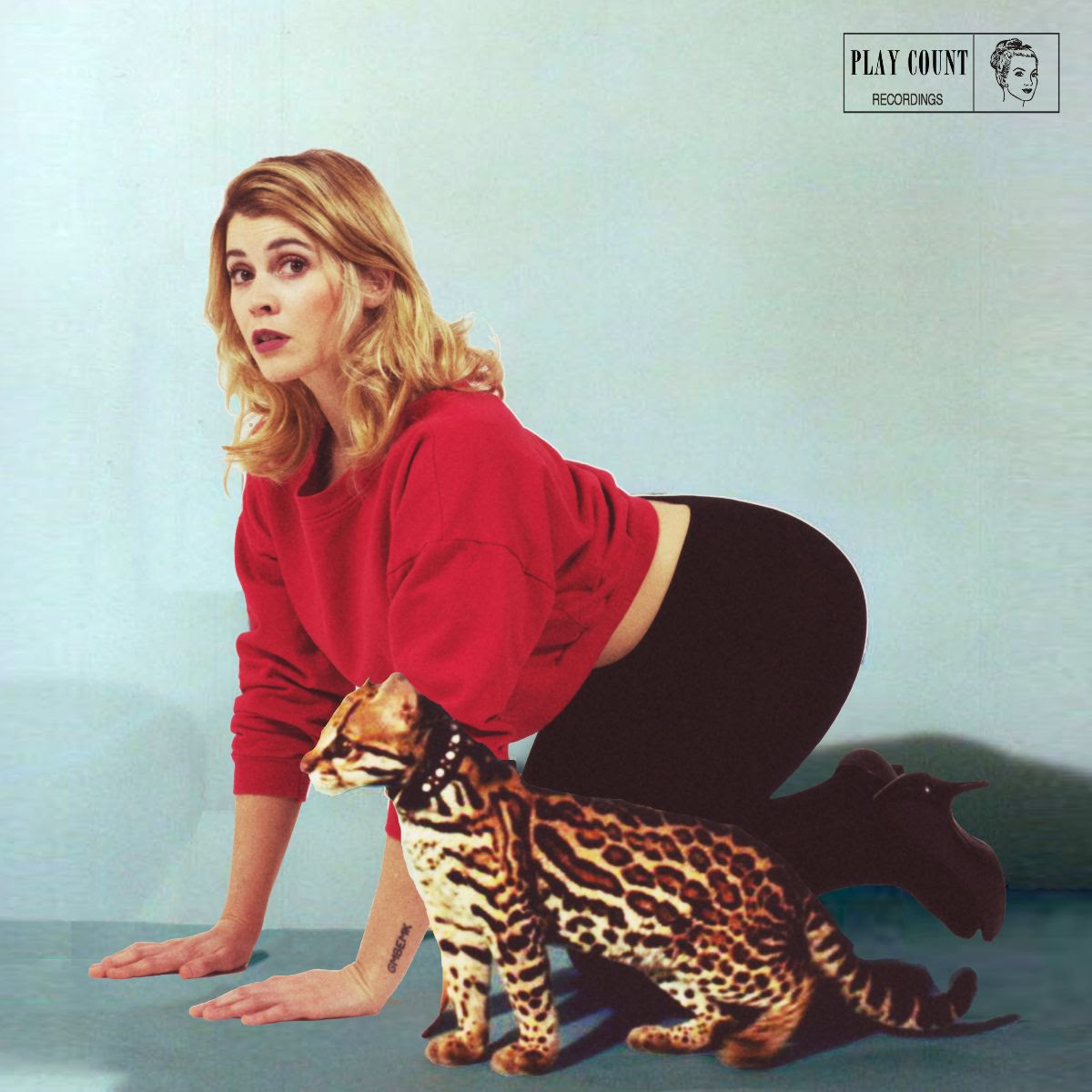Brian Bradley’s ‘Nocturnes’ EP is six moving solo piano compositions – a homage to his early musical experimentations, his greatest influences, Nils Frahm and Olafur Arnalds, as well as the coolness of winter in the Minnesotan wilderness.
Stream: ‘Nocturnes‘ EP – Brian Bradley
The environment is the sound. It’s everything that leads to that point… I am the orchestrator of this particular experience. And so are you of yours.
Brian Bradley is an indie-electronic musician and visual artist born in Seoul but living in Minnesota. His 2018 BonFire debut Future Ocean launched him to the forefront of breaking electronica acts, while his latest EP takes a different approach. “This record was much more of an abstraction of memory than previous work,” Bradley tells Atwood Magazine. Nocturnes is six moving solo piano compositions ⏤ a homage to his early musical experimentations, his greatest influences, Nils Frahm and Olafur Arnalds, as well as the coolness of winter in the Minnesotan wilderness.
Nocturnes is an artifact of who I believe I am to be, even if it is a perception, even if it is made of fading memories.
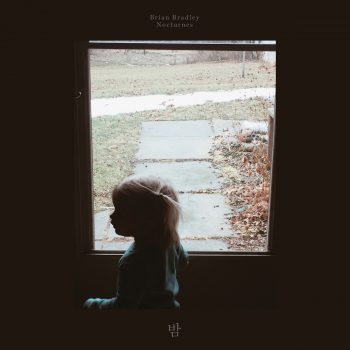
The EP’s six solo piano tracks are minimalistic. Focusing on simplicity and steadiness, Bradley lightly layers in more complex rhythms and repetitive melodies. The EP gently unravels whole worlds. Traveling from Sweden to Germany to Australia to the Midwest and West Coast of the United States, Bradley reveals “the compositions were intended to invoke a particular mood and atmosphere rather than try to showcase a technical ability.”
Bradley’s melodies hint at dissonance in all the right nooks of melody. You hear the piano’s voice as machine and music. The EP plays out with the comfort of a guided ascension⏤having your hand held as you climb the tallest mountain amist flurries and an ever present chill of a mesmerizing winter. There’s a consistency, especially as we get to the last track with the mono-tone repetition in “Daylight,” that ties each track to the next. No two the same, but all renderings of Bradley’s unique consciousness.
Atwood Magazine spoke with Brian Bradley about the process of composing, recording and producing Nocturnes and also received really interesting insight into Bradley’s view on the intersection, or in his mind, direct correlation, between environment and sound.
Read on below and listen to Nocturnes.
Environment is the sound. Everything you do is a projection of your consciousness.

A CONVERSATION WITH BRIAN BRADLEY
Atwood Magazine: Can you talk about the process of creating Nocturnes in terms of composition, recording and production? What drew you to create an EP of solo piano compositions?
Brian Bradley: The piano is an incredible piece of technology. The unique energy signature of the instrument captures human emotion like no other. Nocturnes was recorded on a restored six foot Baldwin grand piano in northern Minnesota through the timespan of a couple winters. One cannot help but become an expression of the energy present at a given time and place, the extent of our embrace of our nature can differentiate those that accept their fate and those that do not. The compositions were intended to invoke a particular mood and atmosphere rather than try to showcase a technical ability. Because the tracks are primarily solo piano, I spent a majority of my time recording getting the right performance and a significant amount of time on tonal shaping with several eqs, compressors, reverbs, and limiting. The density of frequencies in the lower register make recording the piano challenging, but when mixed properly it produces a beautiful mellow sound that’s impossible to replicate.
My late grandmother taught me to play piano at a young age and it became part of my identity early on. I always thought of myself as a pianist because of this formative experience but it didn’t really show in my work. Nocturnes is an artifact of who I believe I am to be, even if it is a perception, even if it is made of fading memories.
The compositions were intended to invoke a particular mood and atmosphere rather than try to showcase a technical ability.
You mention the tracks on Nocturnes is a homage to your “early musical experimentations” and your “greatest influences, Nils Frahm and Olafur Arnalds.” Can you talk a little more about what your “early musical experimentations” were and what Frahm and Arnalds mean to you as an artist?
Brian Bradley: It takes a solid foundation of technical ability to experiment. In many ways it still feels like I am still beginning to work with tone and color. My early musical experimentations were amateur facsimiles of Erased Tapes artists and Jon Hopkins. It’s my way of learning I suppose, to put oneself into the perspective of another. The records Nils Frahm and Olafur Arnalds have made are astonishingly honest and unpretentious. I often wonder if it would be better to live and create in isolated beauty like Iceland. With pure scenery and water, it is evident in the work they are far away from Los Angeles. It is only recently that I prefer my own perspective over anyone else’s. I am thankful for the lessons all those upon whose shoulders I stand. But I don’t need you anymore. Like a hatchling whose time has come, not because of choice but because of circumstance. There is only the path within that leads home.
In many ways it still feels like I am still beginning to work with tone and color.
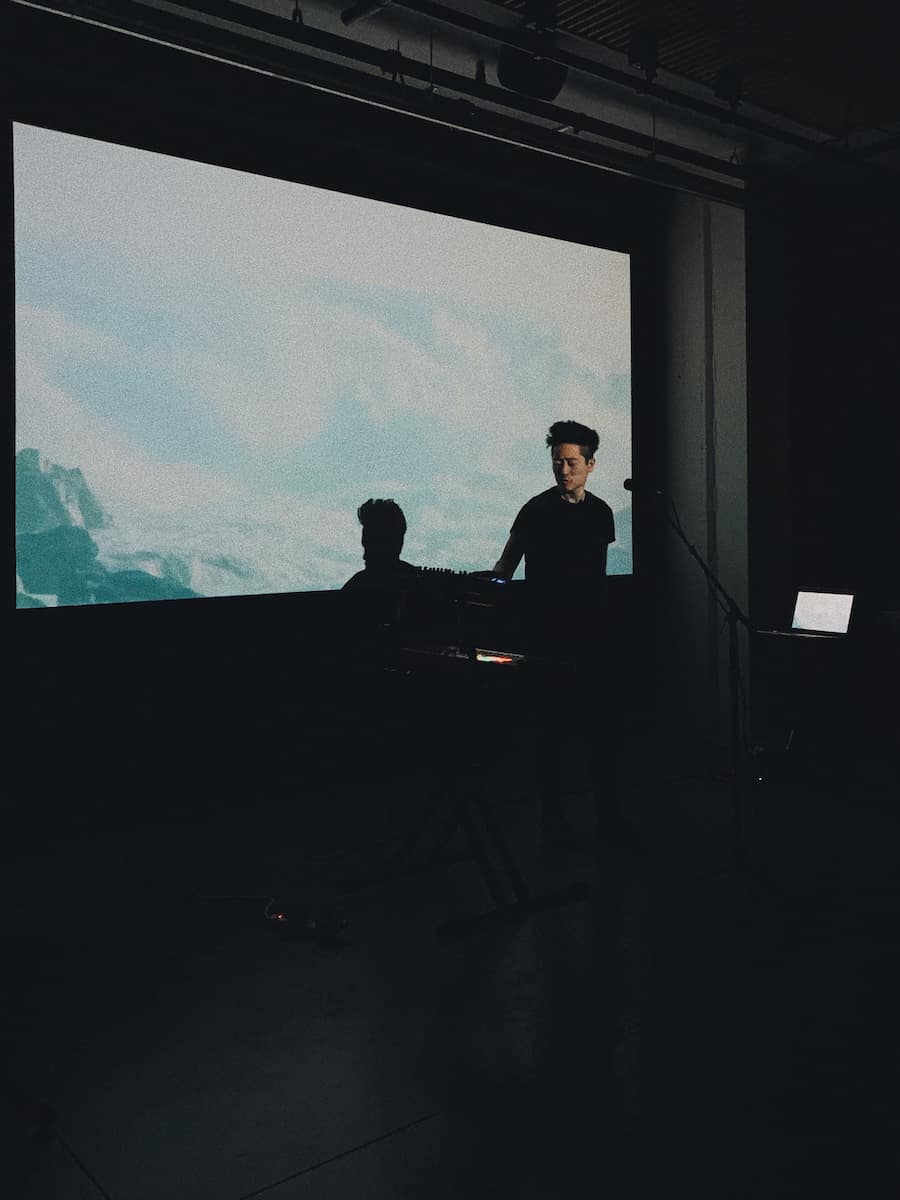
How does your environment influence your sound?
Brian Bradley: Environment is the sound. Everything you do is a projection of your consciousness. If you’ve read about simulation theories, they have become a technocratic new age philosophy emerging out of a new state that is trying to explain the merging of humans and non-human intelligences. Let’s try an experiment. For real. Do this, ~ % clap your hands say yeah. Ok now if you actually did that instruction, it’s an example of a type of “software program” that dictates a part of the three dimensional manifestation. The environment is the sound. It’s everything that leads to that point. It’s the hands that made the instrument. It’s the carpenter that built the house in which the piano rests. It’s the engineers that designed the microphones. It’s the subsea fiber optic cable that connects our regional databases and stores nearly all of our information. And I am the orchestrator of this particular experience. And so are you of yours.
Who created your cover art and how does it reflect the EP itself?
Brian Bradley: The cover art for “Nocturnes” is my niece, Lauren Dinosaur. She was one and a half at this time and is now seven. Her great grandmother taught me to play piano and now in a simple twist of fate, the continuation of her DNA is pictured on the cover. I remember being in elementary school and learning Mozart and Beethoven and those were the only two composers I really enjoyed playing. I took this photo with an iPhone because the light was nice. It took years to realize how nice this time in life really was. Music is a way of experiencing memory and place. It’s important that the image was something my eye witnessed. From my perspective. We each have our own way of breaking the surface of water only to be re-submerged.
How does your visual artistry influence your music? Did it have a role in the creation of this EP?
Brian Bradley: The visual dimension is inextricably linked to the music. Color, light, and sound vibration in synchronicity point to unseen dimensions. In the way a prism refracts light, these elements are variables of consciousness. Music needs another surface. Another plane of existence to fully realize the possibility of experience. Visually, this record was much more of an abstraction of memory than previous work.
Visually, this record was much more of an abstraction of memory than previous work.
https://www.youtube.com/channel/UCsLtcjRgrq-FsPo54SNX09g
What does the amorphous genre of contemporary classical music look like from your perspective?
Brian Bradley: I really only listen to a few composers, Olafur Arnalds, Nils Frahm, James Blake. The majority of contemporary classical music is superficial in the sense that there is no invisible connection of the artist to the craft. It sounds like classical music, the person playing the music looks like a musician, the beautifully adorned concert hall appears to be the setting where classical music is played, but without a connection to the infinite the experience falls flat. I don’t meant to be overly critical about other people’s work because it’s all process of discovery, enlightenment, disillusion, heartbreak, rediscovery, betrayal, breakthrough, rejection, acceptance, divorce, retaliation, triumph, falling in love again, reminders of our mortality, attempts of communion with a higher power. Anyone willing to try in this life is worthy, but few find transcendence. Or maybe all do.
What excites you most about the future of your career? Any directions, or new territories, you are looking forward to exploring?
Brian Bradley: I have stopped thinking of music in terms of analytics and goals. It doesn’t matter how many billion times artist x was streamed, some headline on some blog. I’m more interested in creating records that will live beyond myself. These records will be forever floating around in digital time-space. I’m not sure how that will affect us. There are ancient warnings about burying bones in the earth because it keeps the soul attached to a place and cannot free itself. Perhaps all the energy of user generated content is upstreaming human consciousness into a black hole of an artificially intelligent matricy. The truth is we don’t know where we are going, towards some unknown point in the near distant future. If anything, my desire to make human sounding records increases the closer we get to that point, the event horizon and the lifting of the veil.
If anything, my desire to make human sounding records increases the closer we get to that [unknown] point, the event horizon and the lifting of the veil.
— —
:: stream/purchase Nocturnes EP here ::
— — — —
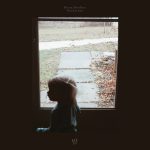
Connect to Brian Bradley on
Facebook, Twitter, Instagram
Discover new music on Atwood Magazine
? © 2020
Nocturnes
an EP by Brian Bradley



